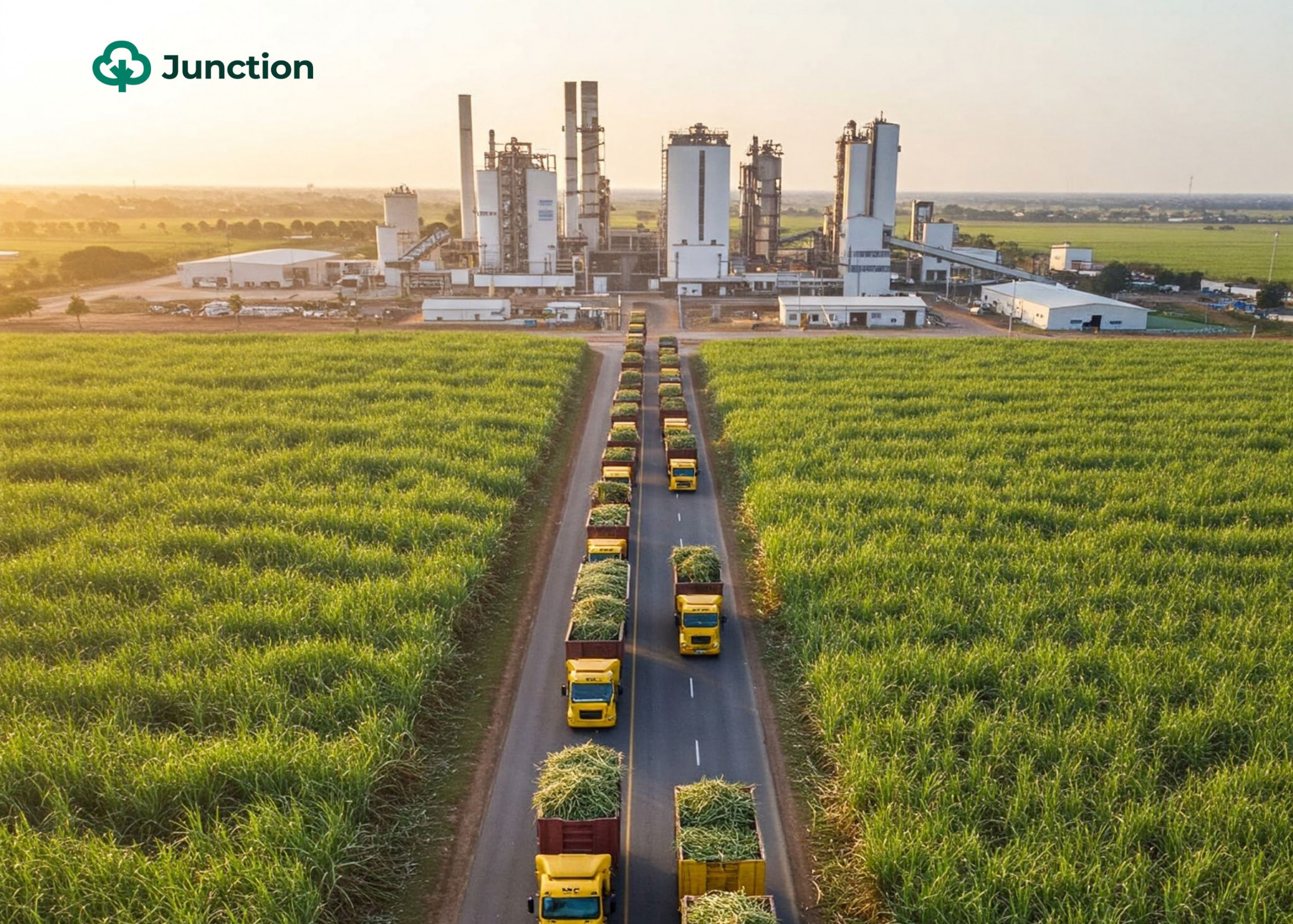News in brief:
– Kenya’s Agriculture CS Mutahi Kagwe has clarified that State-owned sugar factories have not been sold but leased through a transparent, Parliament-approved process aimed at reviving the debt-ridden sector.
– The move, backed by full oversight and stakeholder involvement, seeks to protect farmers and workers while ensuring the sustainability of the sugar industry.
Kenya’s Agriculture Cabinet Secretary, Mutahi Kagwe, has firmly stated that no State-owned sugar factory has been sold. He clarifies that the government has only leased them out through a transparent and fully approved Parliamentary process.
Speaking before the National Assembly’s Agriculture Committee, Kagwe dismissed claims of opacity, noting that all stakeholders were engaged from the start.
“There is no selling of sugar factories. It’s leasing that has been done, and Parliament approved the whole process,” he said.
Kagwe emphasised that the decision followed recommendations from a Parliamentary sugar caucus and was aimed at reviving the struggling sector.
“These factories were on the verge of collapse, burdened with over Ksh.5 billion in debt. Leasing them is the best way to protect farmers, workers, and the economy,” he added.
To reassure the public, Kagwe said the ministry is open to scrutiny and ready to provide any requested documents.
“All farmers’ debts have been taken over by the government. No farmer is going to suffer,” he assured.
He cited the example of privately run factories that pay farmers and workers regularly, arguing that leasing allows better management and financial sustainability.
Dr. John Mutunga, Chair of the Agriculture Committee, confirmed that the leasing underwent full Parliamentary oversight.
Under the recent leases, West Kenya Sugar Company will manage Nzoia, Kibos Sugar has taken over Chemelil, Busia Sugar Industry will operate Sony, and West Valley Sugar Company will manage Muhoroni—each for a 30-year term.
The move comes amid growing public interest and political debate over the future of Kenya’s sugar industry, a significant contributor to its economy. It employs about eight million people and supports millions of livelihoods in rural areas.
As sugarcane production declined, leading to reduced sugar output and increased reliance on imports, the government stepped in to regulate and promote the industry through the Kenya Sugar Board (KSB).



